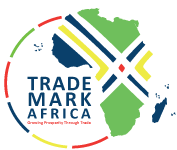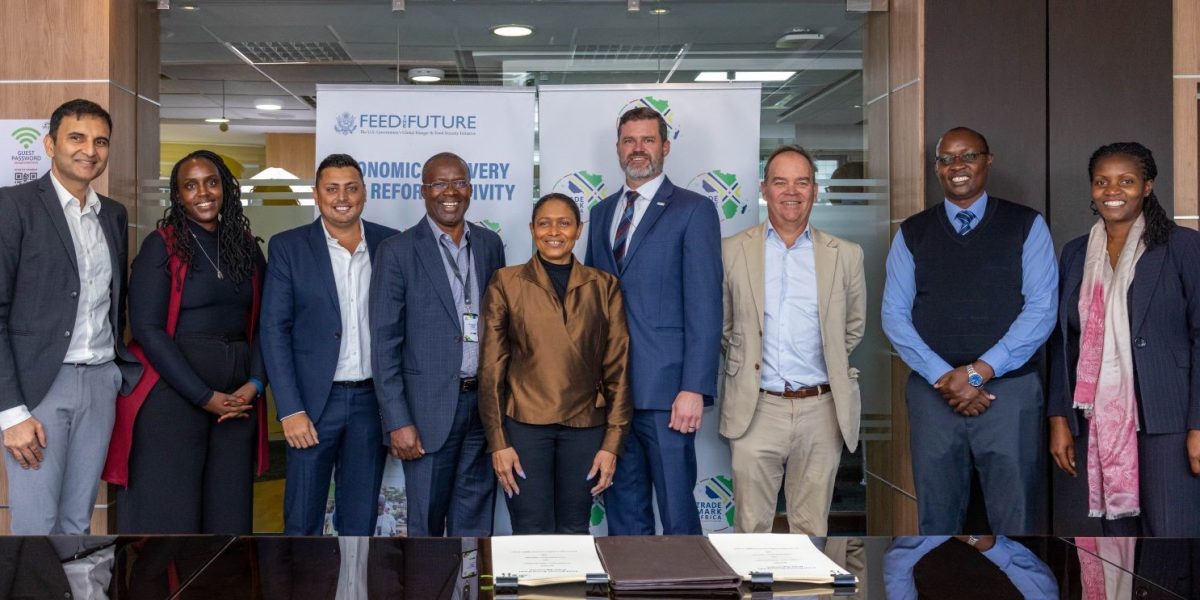Nairobi, Kenya, February 28, 2024: Today, the USAID Economic Recovery and Reform Activity (ERRA), implemented by TradeMark Africa (TMA), finalized a grant agreement with Trade Catalyst Africa (TCA). This new commercial division of TMA aims to support trade and investment in Kenya and East Africa. Funded by the U.S. Agency for International Development (USAID), the grant will strengthen Kenya’s textile and apparel industry. It will create jobs and boost exports, particularly to the United States. Specifically, this grant will help TCA support apparel manufacturers in the Athi River EPZ to reduce their carbon footprint by providing renewable energy and water conservation through effective rainwater harvesting.
As consumer trends in the garment sector shift from ‘fast’ fashion to more sustainable, apparel suppliers are under increasing pressure to demonstrate their “green” credentials to meet this growing demand. This grant will serve as a model for sustainable warehouse development in the region and set a new standard for eco-friendly industrial buildings in Kenya. The adoption of energy-efficient technologies is anticipated to reduce the carbon footprint with an estimated savings of 18 Tons CO2/year and a 1000 m3/year savings of water on a 5000m2 warehousing space. These features will help secure the much sought-after EDGE Green Building Certification.
Given this shifting trend and the growing attractiveness of Kenya as a destination market for garment manufacturing, this is expected to attract garment investors, leading to job creation, particularly for women, and contribute to boosting exports.
At the signing event, Mark Priestley, Chief of Party for USAID-ERRA, expressed his excitement about this grant. “By supporting the greening of industrial warehousing this will not only reduce the carbon footprint of garment companies but will also help attract investors in garments to come to Kenya who increasingly need to demonstrate to their shareholders their sustainability credentials. This, in turn, will help create jobs and boost exports, particularly to the USA under the preferential market access under the Africa Growth and Opportunity Act (AGOA)”.
David Rogers, Deputy Director, Office of Economic Growth and Integration, USAID KEA, emphasized USAID’s commitment to strengthening private-sector ties to spur economic investments in the region. “Through USAID programs like ERRA, the U.S. government is partnering with the private sector to bolster trade, localization, and investment in key sectors such as textile and apparel, manufacturing, and clean energy, as well as to create jobs, particularly for women. USAID remains a committed partner to these efforts by supporting the private sector to overcome many hurdles that limit economic growth, investment, and trade in Kenya and throughout the region.”
-Ends-

